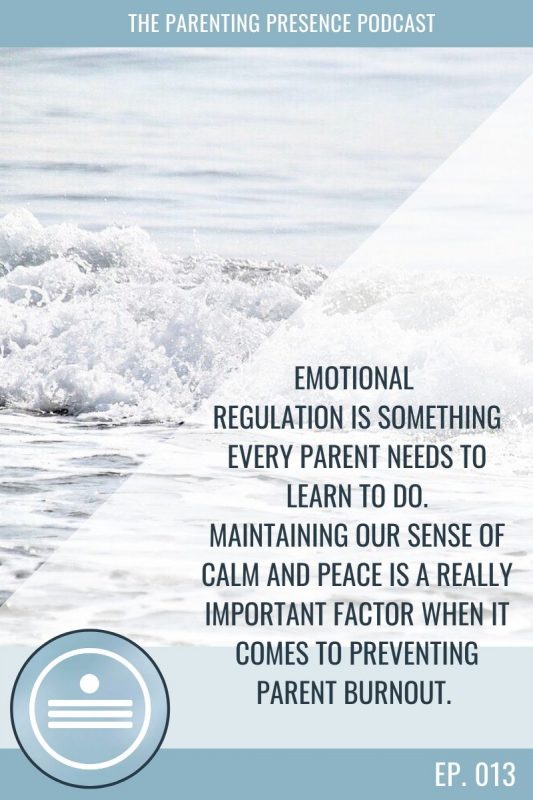
One of the reasons why parenting is so hard is the emotions we are faced with. Wouldn’t it be easier if we didn’t have to deal with emotions? Maybe, but it would also rob us of an opportunity to parent better and to enjoy it more.
Not many of us are ready for the kind of emotions we face with children, and this is one of the reason why parenting feels so hard. Not only do we have to be able to hold space for our child’s emotions, we need to attend to our own as well. But instead of wishing emotions would go away, the best answer is to learn to process them in the way that actually helps us.
You may already know from Episode 10 that to nurture the child’s emotions means to care for their emotional world. We care by accepting, supporting, and helping the child grow. Nurturing our own emotions is similar in this way, but has a set of its own challenges:
The first challenge is lack of acceptance of our own emotions.
Often, it is easier to accept that a child — because of their development will and can have emotions, but that we shouldn’t. It is easier to accept that a child may have strong feelings and meltdowns, but that we shouldn’t have them and, because of that, we repress or deny our emotions.
And this, obviously, gets in the way of nurturing and attending to our emotions to truly understand them.
The second challenge is our lifelong habits of coping.
Now, coping is better than not coping, of course, but coping is not benefitting us in any way. It helps us hide from overwhelming emotions, but it does not help us process them. So over the years we have developed mechanisms to COPE with our emotions, instead of learning the tools to PROCESS them.
A coping strategy may look like waiting for the emotion to go away or trying to distract ourselves from it. Processing tools help us look at the emotion directly and examine its purpose. Only that way we can have an understanding of what message a particular emotion holds and specifically what needs to be done about it. When we have developed a set of strongly ingrained avoidance habits, it requires intentional practice to reset them and to retrain ourselves..
So what do we do with these obstacles?
We address the first challenge by understanding the value of our emotions and why is it worth to understand them. And we resolve the second challenge by learning specific tools of processing emotions and by developing awareness for when we default to our coping habits.

